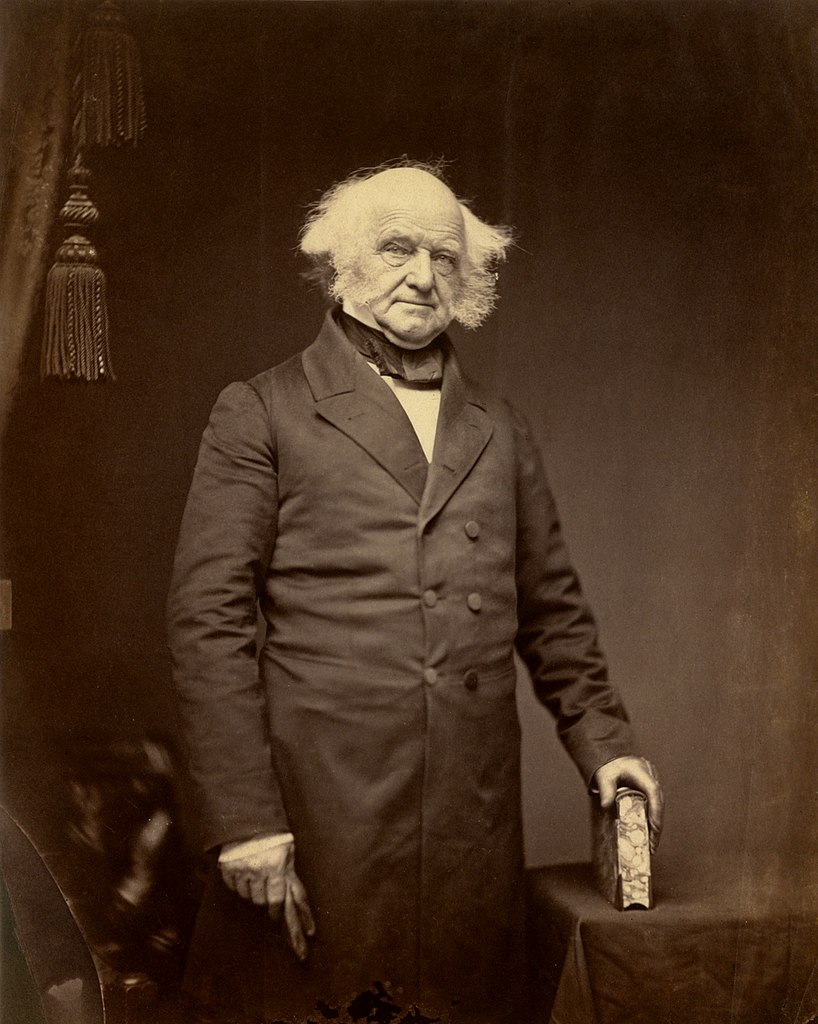
“Ok” is one of those words that are part of our vernacular that we don’t even think about, but where did it come from ? Theories abound, from Civil War-era cookies to ancient languages , but the truth is, it was probably a silly joke among 19th-century yuppies.
Text-Speak in the pre-texting era
In the late 1830s, young and educated elites found it extremely funny to intentionally misspell words, which later became acronyms they used as slang. For example, “no go” became “know go” and then “KG”. It was eerily similar to the textual abbreviations we use today, for example BRB and OMG. The only difference was that only an inner circle of those who know (or “don’t”, as the case may be) were in the gag.
Charles Gordon Greene, editor of the Boston Morning Post , was one such young man of fashion. On March 23, 1839, he finished a short newspaper article with the letters “okay” next to the words “all correct”, apparently intended to convey the humorous misspelling “oll korrect”. By the end of the year, the acronym was a linguistic phenomenon.

Old Kinderhook
Although the March 23, 1839 issue of the Boston Morning Post marked the first time the acronym was published, various coincidences have confused its origin story over the years. During Martin Van Buren’s 1840 presidential campaign, he based a number of his political slogans around his nickname, “Old Kinderhook”, which referred to the town in upstate New York where he was born and conveniently shortened to ” OK”. It is likely that Van Buren was aware of the acronym as contemporary slang and the trend of misspelled acronyms in general and gambled on its recognition by wealthy and educated voters, even though it was not enough to get him re-elected. Apparently OK was not okay.
Around the same time, the railroad was changing the American way of life, and according to legend, a clerk named Obediah Kelly, tasked with checking cargo as it was being loaded, marked cargo papers that passed his inspection with his initials. Workers along the railroads understood that if they saw an “OK” on a document, the freight was level, and supposedly this is how the acronym made its way among the dirty masses. It may also have been a popular Civil War-era cookie by the Orrin Kendall company, nicknamed “OK cookies” by soldiers, that contributed to the rise of “ok”.

Borrowed from another language
Incidentally, many other languages boast expressions that are eerily phonetically and semantically similar to “okay,” some of which predate the Boston Morning Post article . Greek has ola kala (“it’s good”), Scots has och aye , French has aux Cayes (“from Cayes”, a Haitian port known for its delicious rum, which has come to mean anything of high quality), the The Choctaw Indian language has okeh (“that’s how it is”), and several West African languages have similar words that mean “okay” or “yes indeed”.
Whether “okay” has its roots firmly in the English language or not, the word has definitely seeped into other people through it. It’s not uncommon, thanks to globalization and the worldwide export of American culture specifically, to hear speakers of Russian, Italian, Japanese and Arabic put an “okay” in their dialogue.